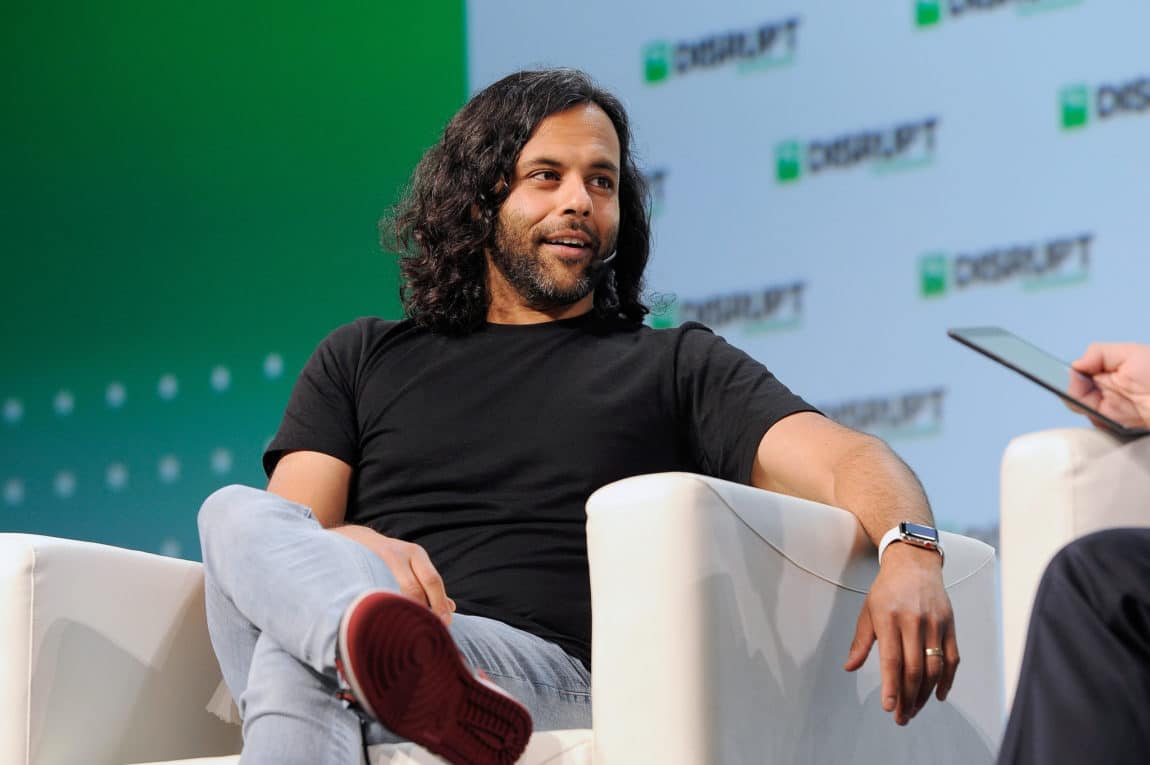Robinhood Didn’t Consult Regulators on New Checking & Savings Account Products

Source: Robinhood
Robinhood, the crypto-friendly stock trading application, recently launched a plan to offer checking and savings accounts. The accounts have a minimum 3% interest. It is part of their plan to become the world’s most used financial technology application. Co-CEO Baiju Bhatt said to CNBC at the time of the announcement:
“If we roll this product out, and it’s adopted by millions who love it and use, we will have one of the fastest growing financial services companies in history.”
Deposits made on the accounts are not currently insured by the FDIC, as most bank accounts are. In essence, they are just separate balances within the same brokerage account. The added benefit of them is their interest rates. That’s all. If the thing goes belly-up, your only avenue of recourse is through the Securities Investor Protection Corporation (SIPC), which functions similarly to the FDIC but covers brokerage accounts.
SIPC’s Harbeck Concerned

However, according to SIPC CEO Stephen Harbeck , Robinhood didn’t run this plan by them at all. It could lead to some regulatory problems for Robinhood, as Harbeck said he had lodged a complaint with the SEC as regards the activity.
“Robinhood would be buying securities for its account and sharing a portion of the proceeds with their customers, and that’s not what we cover” Harbeck told TechCrunch . “I’ve never seen a single document on this. I haven’t been consulted on this.”
An old entrepreneurial and innovator ethos goes: better to act now and apologize later than to ask permission. That’s essentially what Robinhood has done here. It’s unclear what, if any, consequences might be had if the SEC decides to launch an investigation. It could find that Robinhood is not properly stewarding the accounts of its users. They could also face issues with SIPC, which could pull whatever certifications they have. From there they run into problems with banks and other institutions they’re working with, as well as Wall Street exchanges that settle the trades made through the platform.
Old world finance is highly regulated on a global scale. Those who fail to properly navigate the governmental waters can face strict penalties.
According to Harbeck’s CNBC interview, money held by brokerages without the express intention of being invested in securities may not always fall under the protection of the SIPC. This makes such funds vulnerable to recuperation in the event of brokerage collapse or other financial difficulties. The funds can be considered loans to the brokerage. Such accounts can be used by Robinhood to buy bonds and other means of making money with the parked dollars. Harbeck said, “We want to make sure that investors know there’s some risk there.”
No word yet on what the SEC will do in response to Harbeck’s inquiries. Crypto investors clearly would like to see the product get the green light, as it gives yet another convenient means to hold fiat and cryptos very near to each other.
Featured Image from Robinhood